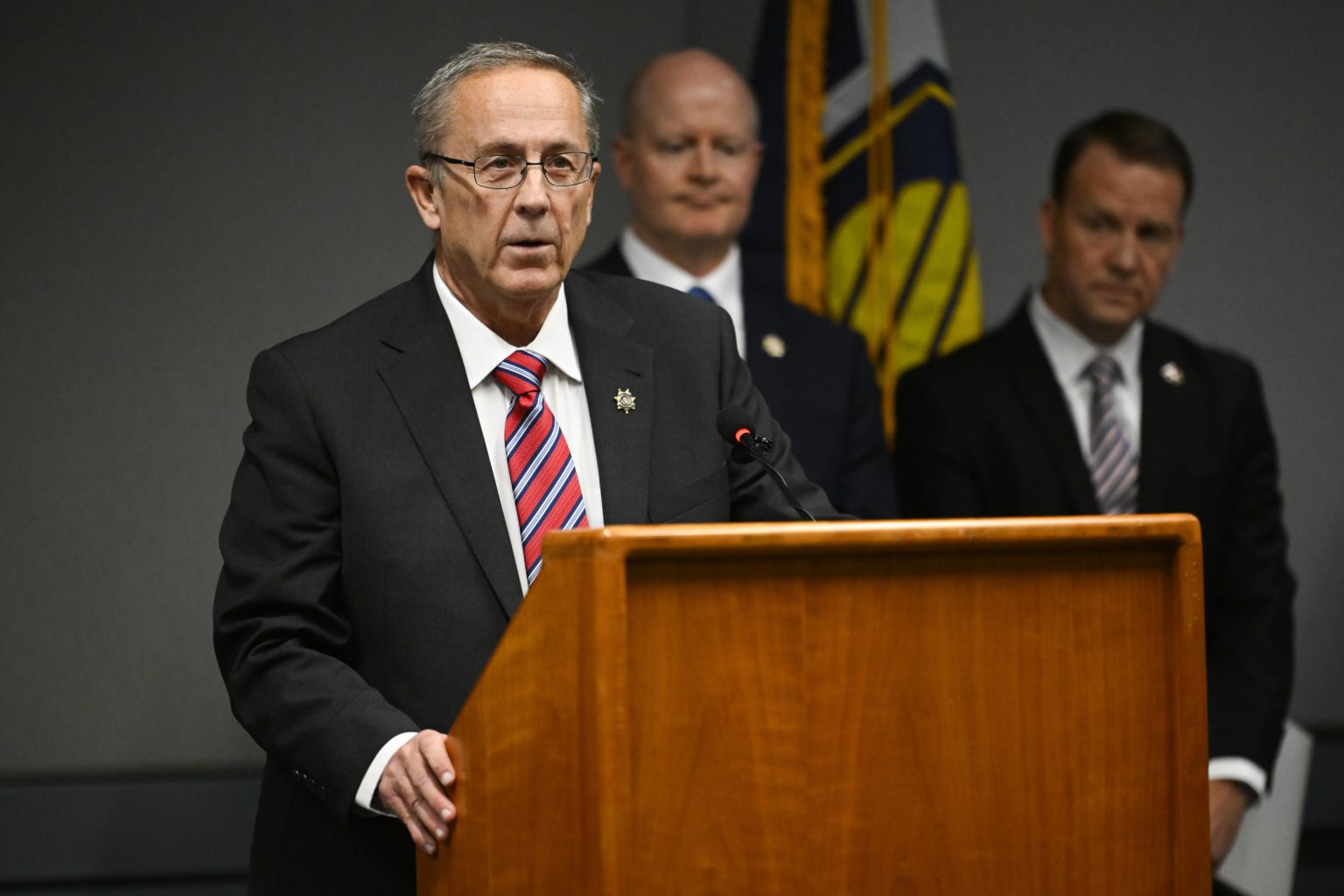Text Messages Reveal Gunman’s Confession and Planning in Charlie Kirk Shooting
In a disturbing revelation that sheds light on the premeditated nature of conservative activist Charlie Kirk’s killing, prosecutors on Tuesday disclosed text messages between accused shooter Tyler Robinson and his roommate Lance Twiggs. These messages, now part of court filings, provide a chilling glimpse into Robinson’s mindset before and after the shooting, revealing not just a confession but also calculated planning and attempts to evade capture.
The exchange began with Robinson directing Twiggs to look under his computer keyboard, where he had left a handwritten note stating, “I had the opportunity to take out Charlie Kirk and I’m going to take it.” When met with Twiggs’ understandable disbelief, Robinson simply confirmed his intentions with the words “I am, I’m sorry.” The messages continued as Robinson explained that police had mistakenly detained others while he attempted to recover his weapon, suggesting he had temporarily escaped the immediate manhunt following the shooting. This initial communication establishes not only Robinson’s admission of guilt but also indicates a level of premeditation that prosecutors will likely emphasize as the case progresses.
Throughout their conversation, Robinson attempted to justify his actions as retaliation against what he characterized as Kirk’s “hatred,” revealing ideological motivations behind the attack. The text messages detail practical aspects of Robinson’s alleged crime as well, including how he concealed his rifle in a bush after the shooting and his subsequent concerns about leaving fingerprints on the weapon. These details paint a picture of someone who had thought through aspects of the crime but perhaps not fully prepared for its aftermath, as evidenced by his growing anxiety about forensic evidence. Robinson’s instructions to Twiggs to delete their messages further demonstrates his awareness of creating potential evidence, though this attempt at covering his tracks ultimately failed as the messages are now central to the prosecution’s case.
In what appears to be a moment of resignation, Robinson eventually informed Twiggs of his intention to surrender to authorities. The emotional tone of the messages shifted toward the end of their exchange, with Robinson telling his roommate, “You are all I worry about love,” suggesting a personal connection that remained important to him even as he faced the consequences of his actions. This expression of concern for his roommate stands in stark contrast to the calculated violence Robinson allegedly perpetrated, highlighting the complex psychological aspects that often underlie such shocking acts of violence. The juxtaposition between the apparent care for his roommate and the willful violence against Kirk creates a disturbing psychological profile that investigators and prosecutors will likely explore further.
The timing of these revelations coincides with a news conference held by Utah County Attorney Jeff Gray in Provo, Utah, where charges against Robinson were formally announced. The prosecution’s decision to release these text messages publicly signals confidence in their evidence and may indicate a strategy to establish a clear narrative about Robinson’s guilt early in the legal proceedings. The messages provide prosecutors with direct evidence of both confession and premeditation, two elements that will be crucial in building their case against Robinson as the judicial process moves forward. The public disclosure also gives a rare window into the immediate aftermath of a high-profile political assassination, revealing how quickly digital communications can become critical evidence.
As this breaking news continues to develop, the text messages between Robinson and Twiggs will likely remain central to understanding both the logistics of how the shooting occurred and the motivations behind it. The explicit mention of Kirk by name in Robinson’s note and the characterization of the shooting as retaliation suggest that this case may be classified as politically motivated violence, adding another layer of complexity and public interest to the proceedings. While investigators continue to gather evidence and build their case, these messages already provide a disturbing look into the mind of someone who allegedly moved from harboring violent thoughts to acting upon them, resulting in the death of a prominent conservative figure. The coming days and weeks will undoubtedly bring more details to light as authorities complete their investigation and formal legal proceedings begin to unfold against the backdrop of a nation grappling with political violence.


